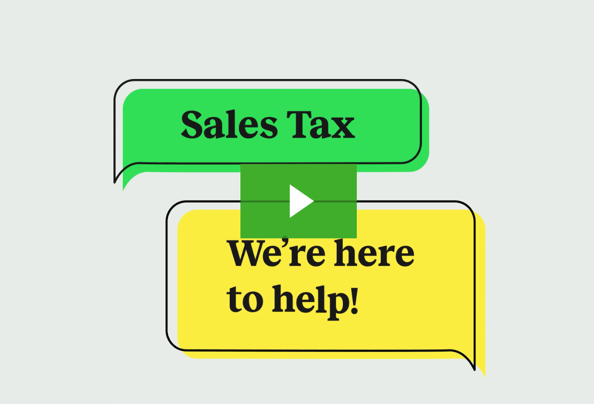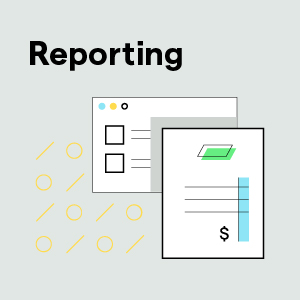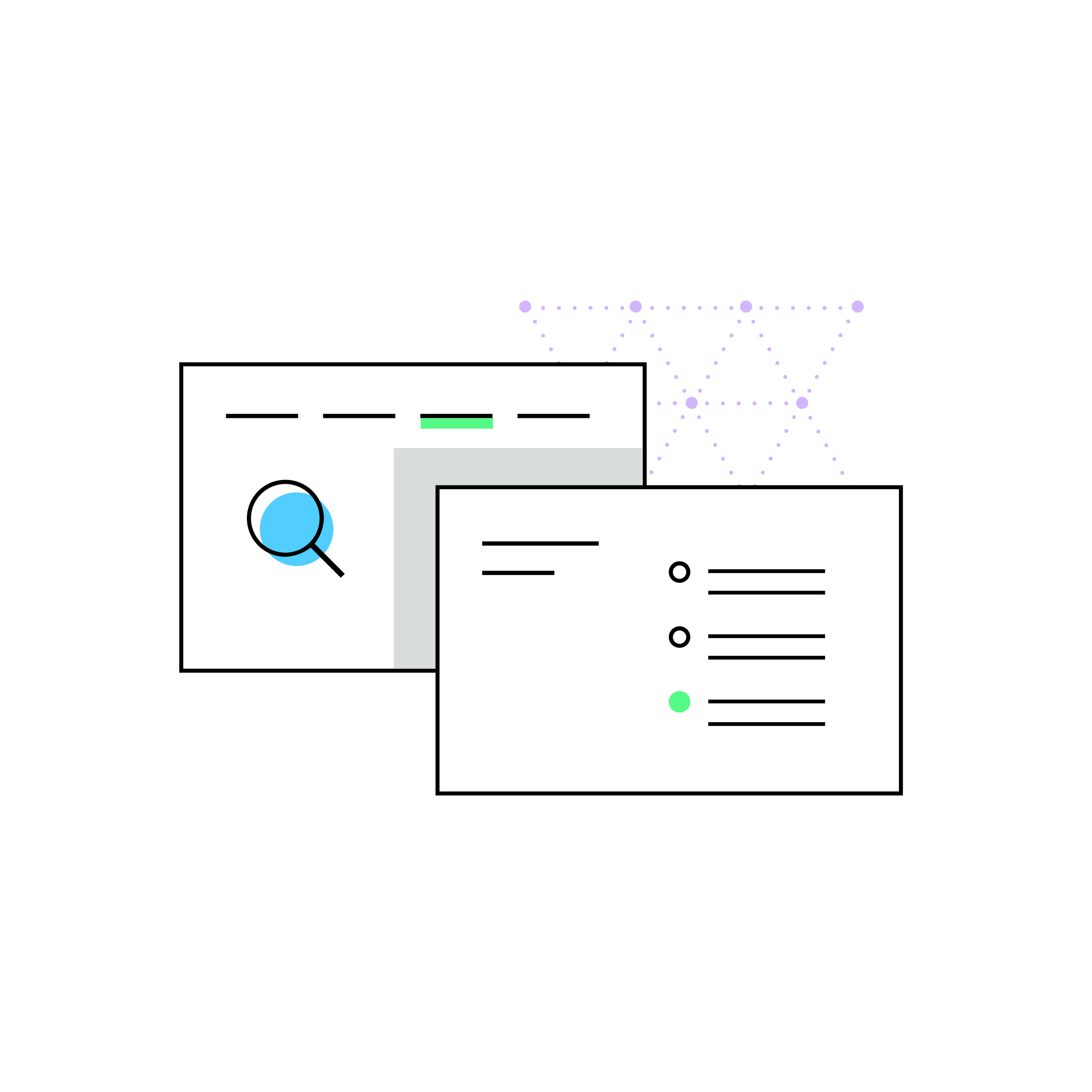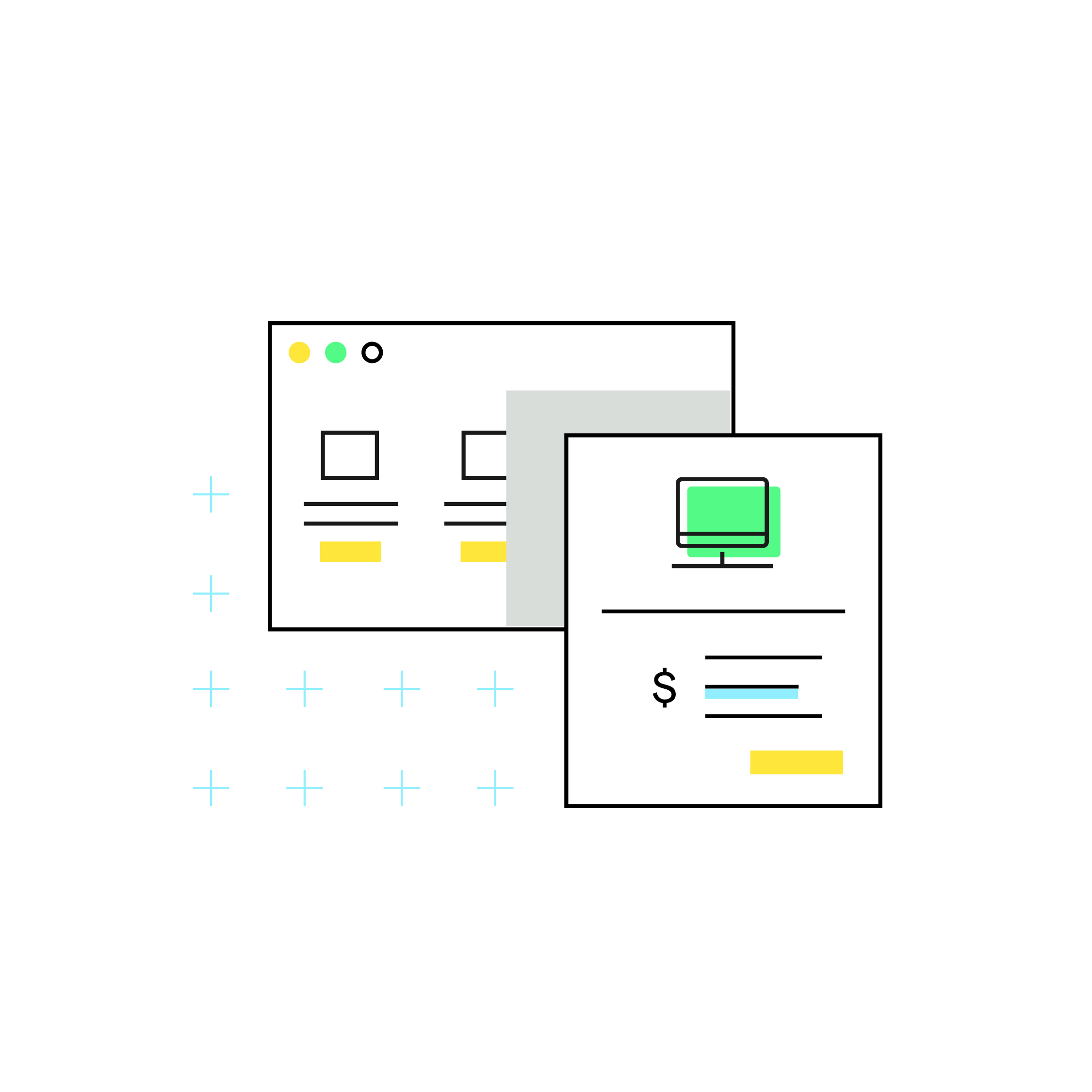Illinois Update Sales Tax Requirements for Online Sellers
by April 7, 2021
Remote sellers with no physical presence in Illinois may have noticed a change in the way Illinois requires collecting sales tax in 2021. Let’s dig in.
“Leveling the Playing Field” in Illinois
Taking effect January 1, 2021, the “Leveling the Playing Field for Illinois Retail Act” changes how remote sellers (i.e. sellers with no physical presence in Illinois) must collect retailer’s occupation tax (ROT) from Illinois buyers.
How exactly is the playing field leveled?
To sum it up. Until January 2021, retailers with no physical presence in Illinois were only required to collect Illinois use tax, while retailers with physical presence in Illinois were required to collect retailer’s occupation tax (ROT), otherwise known as Illinois’ version of sales tax.
In many cases, the retailer with Illinois physical presence ended up collecting more in sales taxes on a transaction than a retailer with no presence in Illinois. This act claims to level the playing field by requiring both in-state and remote retailers to collect Illinois ROT based on the sales tax rate at the buyer’s destination.
Let’s look a little deeper.
In the past, sellers with physical presence-based sales tax nexus in Illinois, such as a store, office or inventory in a warehouse, were required to collect Illinois retailer’s occupation tax (ROT). This tax depends on the destination at which the buyer took possession of the goods. For example, say an in-state Illinois business ships a patio set to a buyer in Chicago Heights, IL. The Illinois state sales tax at this location is 6.25%. But Chicago Heights also has local ROT totaling 3.75%. So, the Illinois-based business would be required to charge their buyer a total of 10% in sales tax on the patio set.
Before January 2021, sellers with no physical nexus in the state, but who were required to collect tax from Illinois buyers due to the state’s economic nexus law, were only required to collect Illinois use tax. (This Illinois use tax of 6.25% is the same as the Illinois state level sales tax.) So, if a business based in Nashua, New Hampshire shipped that same patio set to a buyer in Chicago Heights, Illinois, that Nashua-based business would only have had to collect the 6.25% use tax from the Illinois-based buyer.
You see the issue here. It was becoming cheaper for Illinois consumers to make purchases from out-of-state businesses.
Now that the “playing field is leveled” both in-state and out-of-state retailers with no physical presence in the state are required to charge the same sales tax to Illinois-based buyers.
Why change Illinois sales tax now?
This is just another result of the South Dakota v. Wayfair decision that has sent sales tax laws into a tizzy over the past two and a half years.
Wayfair allowed states to enact economic nexus laws. These laws allow states to require businesses with no physical presence in the state to collect sales tax from in-state buyers as long as that business had “economic nexus” in a state.
In Illinois, a business is considered to have economic nexus (and be on the hook to collect sales tax from Illinois buyers) if the business makes $100,000/year in gross revenue, or makes sales into Illinois in more than 200 separate transactions in the previous twelve months
When Illinois first enacted their economic nexus laws, they only required that out-of-state retailers with no physical presence of any kind in the state (i.e. no employee, inventory, or location, etc.) to collect the state’s 6.25% use tax.
And that brings us back around to the original point. Illinois made this change so as not to drive savvy internet shoppers to make purchases from out-of-state companies who could charge them a lower sales tax rate.
What Illinois’s New Sales Tax Law Means for Marketplace Sellers
Last year we wrote about how Illinois had thrown a big wrench into the sales tax compliance strategies of marketplace sellers.
To sum it up, they required marketplaces only to collect the 6.25% Illinois use tax, but required sellers with Illinois physical nexus to also collect ROT. Just like in the example above, this meant that sometimes marketplaces only collected 6.25% in sales tax, while the marketplace seller actually should have collected 10%.
In this case, since the marketplace did not legally have to collect the remaining ROT on the seller’s behalf, the seller sometimes found themselves literally owing Illinois sales tax out of pocket… and there was not a thing they could do about it.
Fortunately, this law sets that right, too. Illinois-based retailers, or retailers with nexus in Illinois (such as inventory stored at one of Illinois’ Amazon fulfillment centers) can now rest assured that marketplaces are required to collect the entire retailer’s use tax (ROT) on their behalf. No more paying ROT out of pocket due to a legal loophole.
What should Illinois e-commerce sellers do about this change?
Depending on how you collect Illinois sales tax, you may have to make some changes to your system.
Marketplace Sellers
If you are a marketplace seller, your life likely just got easier (and cheaper). Now that marketplaces are required to collect all applicable tax due on their sellers’ behalf, you’ll find you are no longer required to play Illinois ROT out of pocket.
Sellers Using Custom Tax Settings
If you were setting your own custom sales tax rates or using a custom system, you may need to change your system to ensure you are charging Illinois ROT at the destination-based rate, rather than the use tax rate. Just to reiterate, if you are a seller with no physical presence or nexus in Illinois but are still required to collect sales tax there, as of January 2021 you are required to collect the full Illinois sales tax rate at your buyer’s ship to destination.
TaxJar Users
If you use the TaxJar API – you are all set. We updated TaxJar as soon as this change went into effect and will now collect sales tax at the sales tax rate of the buyer’s ship to destination for all remote sales – just as the Leveling the Playing Field Act intends.
You can read more about how TaxJar handles Illinois sales tax here.
Have questions? We recommend contacting the Illinois Department of Revenue, and you can find their contact info here.
Ready to automate sales tax? To learn more about TaxJar and get started, visit TaxJar.com/how-it-works.







